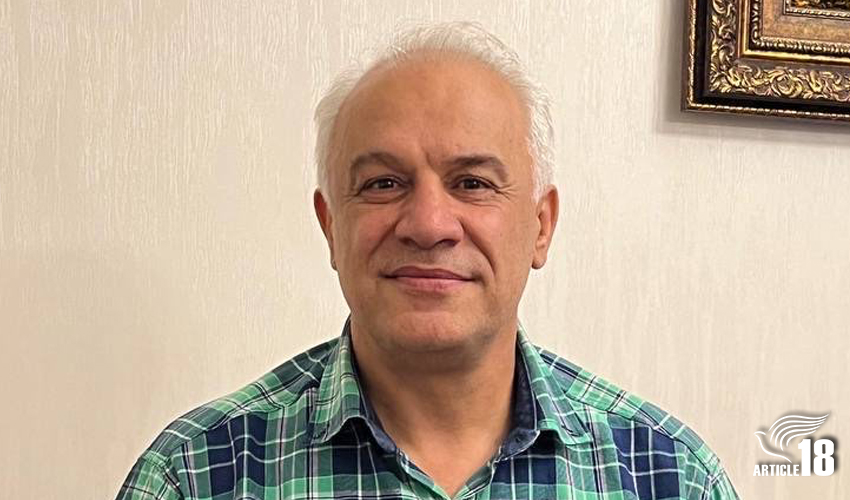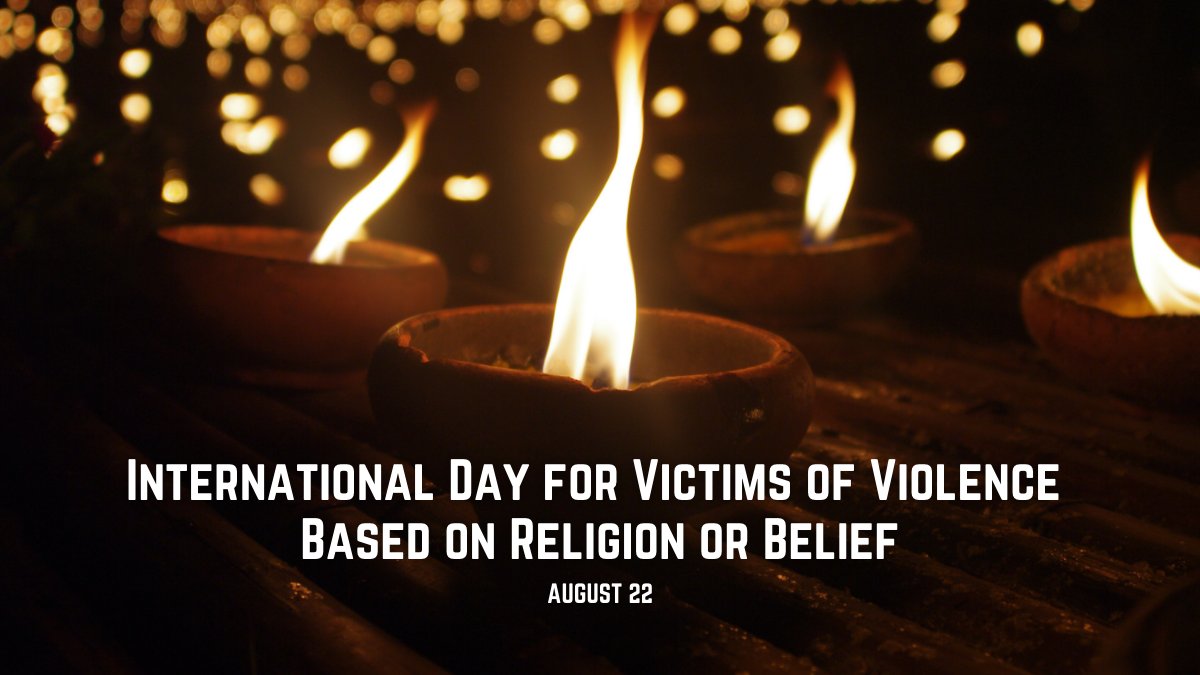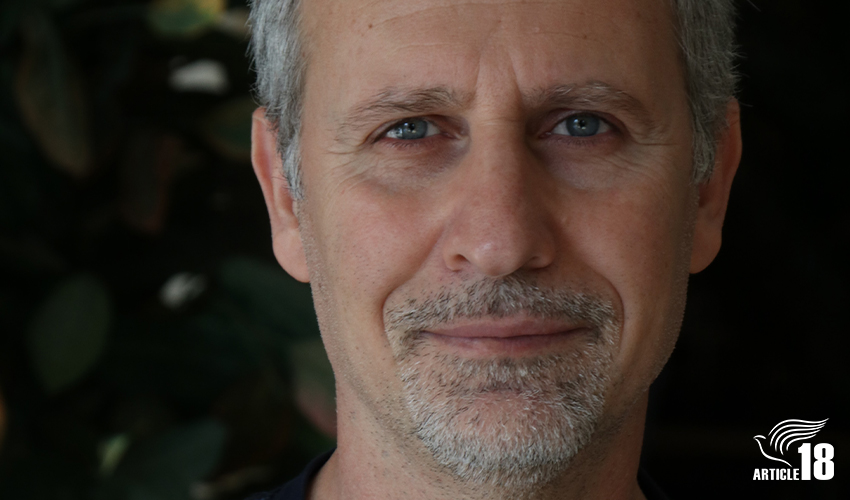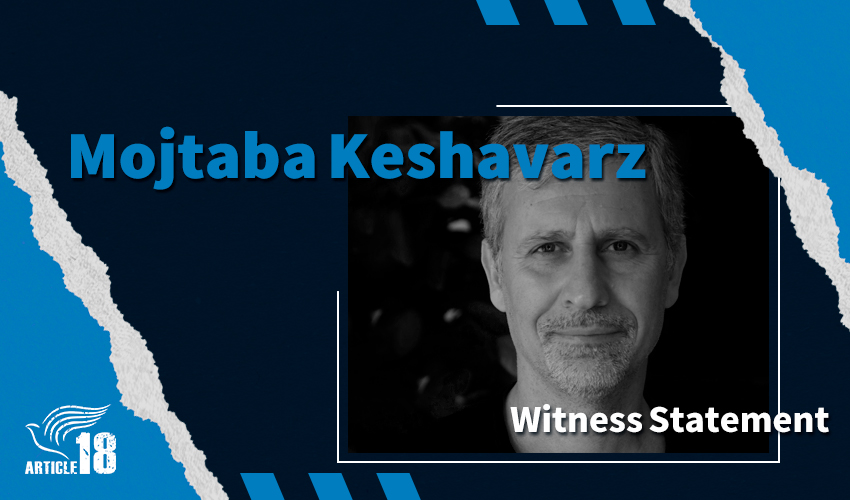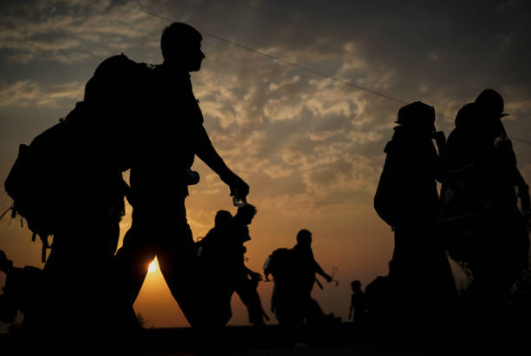
by Steve Dew-Jones | 30 Aug 2022 | News
An Iranian-Armenian pastor has today begun serving a 10-year prison sentence for holding church services in his home. Joseph Shahbazian, who is 58 years old, was yesterday given 24 hours to hand himself in to the authorities at Tehran’s Evin Prison, and did so today...

by Steve Dew-Jones | 23 Aug 2022 | News
Eight UN experts have called on the Iranian authorities to “stop persecution and harassment of religious minorities and end the use of religion to curtail the exercise of fundamental rights”. Nazila Ghanea, Special Rapporteur on Freedom of Religion or Belief. (Photo:...

by Steve Dew-Jones | 22 Aug 2022 | Features
Mojtaba Keshavarz Ahmadi’s experiences since becoming a Christian 20 years ago show just how costly that decision can be for an Iranian who is considered to have been born a Muslim. As his interrogators from the Ministry of Intelligence put it after his arrest, “Your...

by Steve Dew-Jones | 19 Aug 2022 | Witness Statements
For a summary of Mojtaba’s story, you can read our feature article here. Conversion 1. My name is Mojtaba Keshavarz Ahmadi, and I was born in 1967 in Tehran, to a religious Muslim family. My father was a Quranic teacher and imam of our local mosque. People called...

by Steve Dew-Jones | 19 Aug 2022 | Analysis
Embed from Getty Images An Iranian Christian convert who has been seeking asylum in Germany for four years has until today to accept his deportation or hand over his work license, after his final appeal – to the European Court of Human Rights – was...
